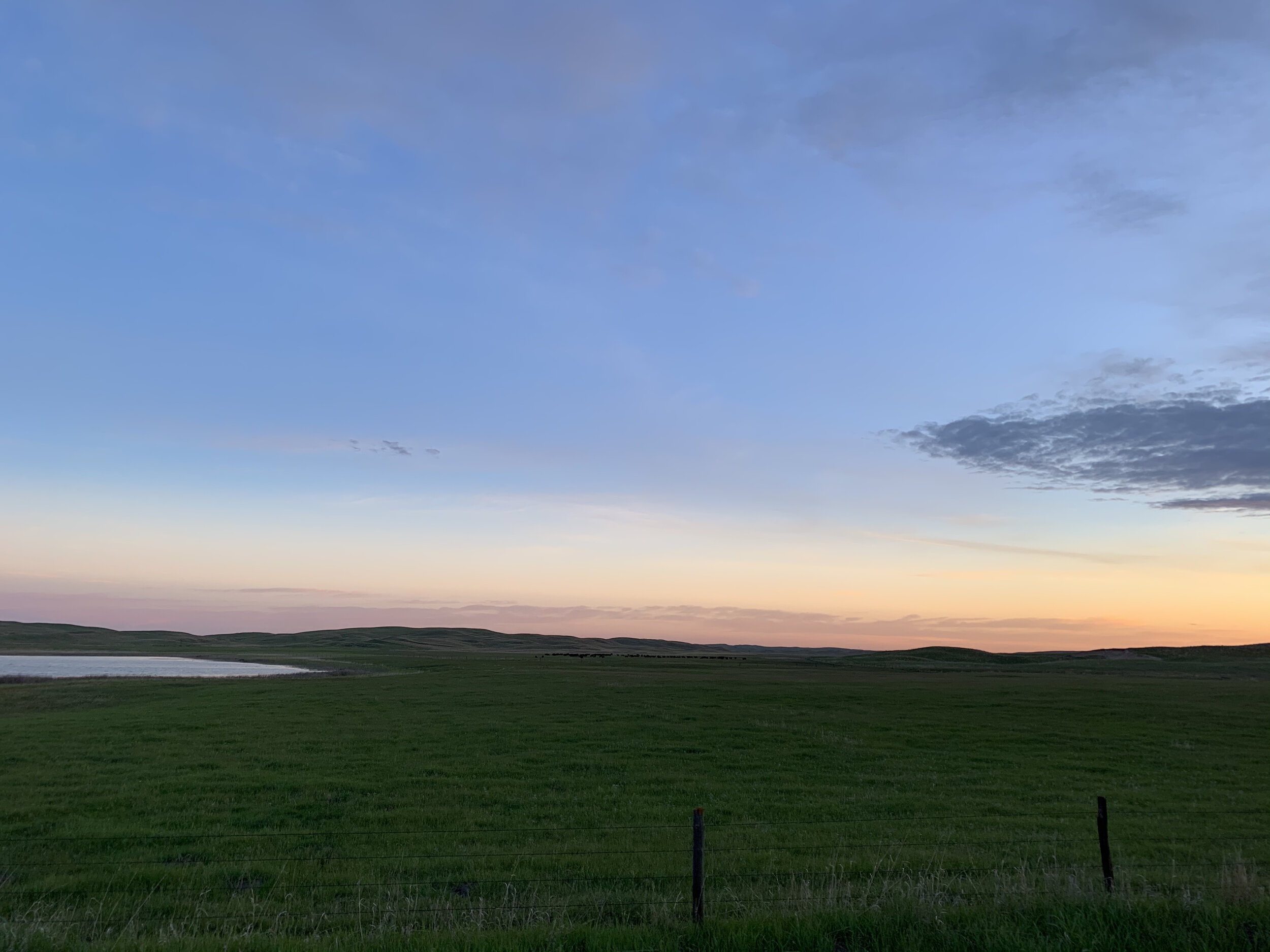The Rural Review
An online journal produced in conjunction with the Rural Reconciliation Project.
The Rural Review publishes digests of important academic contributions, program information, blog-style commentary, and periodic roundups of rural items from across academic disciplines and scholarly media.
Contributions from interested authors are welcome. Find our author guidelines here.
Eisenberg: Navigating Legal Geographies
In Navigating Legal Geographies, Ann M. Eisenberg (West Virginia University Law) summarizes the aims and objectives of law and rurality scholarship as opposed to legal geography scholarship to identify the underlying themes of each and build an understanding of how these two frameworks might interact with each other.
Electricity Regulation in the Public Power State: Nebraska’s Electricity System and the Debate Between Public Ownership and Public Control
The electricity industry in the United States is undergoing a period of massive and turbulent transition. One recurring question is whether public regulation or public ownership can best serve public interest goals. Nearly every state has an agency with intensive regulatory powers to direct or influence the activities of electric utilities. However, even with state regulatory oversight, private utilities have faced persistent criticism, and public ownership of utilities is often touted as a potentially desirable alternative. In this debate about public ownership versus public control, Nebraska offers an interesting and underexamined case-study.
Pavón-Benítez et al.: Stereotypes of the Rural Social Scene
In Eliminating Stereotypes: Villages as Desirable Spaces for Partying among Spanish Youth, Laura Pavón-Benítez, Nuria Romo-Avilés (both Women and Gender Studies, University of Granada, Spain), José Manuel Álvarez-Montoya (Social Anthropology, Basic Psychology and Public Health, University of Pablo de Olavide Sevilla, Spain), and Penélope Sánchez-González (Social and Cultural Anthropology, University of Granada, Spain) contrast the discourse and assumptions that young people have regarding sociocultural opportunities for social life in Spanish villages, specifically leisure activities in the form of partying and local festivals.
Roundup: November 8, 2024
A periodic collection of recent research, analysis, and other notable rural items.
Green: Rural Development in the Digital Age
In Rural Development in the Digital Age: Exploring Information and Communication Technology through Social Inclusion, John J. Green (Agricultural Economics, Mississippi State University) addresses the Rural Sociological Society as President of the organization to encourage research into how information and communication technologies (ICTs) might foster social inclusion at the local and regional level, especially for often-overlooked places.
Davidson & Romero: Law in Rural and Urban Places
In Law in Place: Reflections on Rural and Urban Legal Paradigms, Nestor M. Davidson (Urban Law Center, Fordham) and Alan R. Romero (Rural Law Center, University of Wyoming) reflect on the ways in which rural and urban settings shape the law and its application. The authors draw from their own experiences, approaching legal research as scholars and directors of their respective centers.
Clowney: Do Rural Places Matter?
In Do Rural Places Matter?, Stephen Clowney (University of Arkansas Law School) explores various arguments in support of continued investment in rural places. Clowney questions the strength of these arguments but ultimately endorses renewed investment in rural spaces by proposing a new approach to addressing the challenges facing rural communities.
Roundup: October 18, 2024
A periodic collection of recent research, analysis, and other notable rural items.
Earnhart & Hendricks: Adapting to Water Restrictions
In Adapting to Water Restrictions: Intensive Versus Extensive Adaptation Over Time Differentiated by Water Right Seniority, Dietrich Earnhart (Economics, University of Kansas) and Nathan P. Hendricks (Agricultural Economics, Kansas State University) explore the adaptations farmers have had to make to accommodate groundwater use restrictions.








